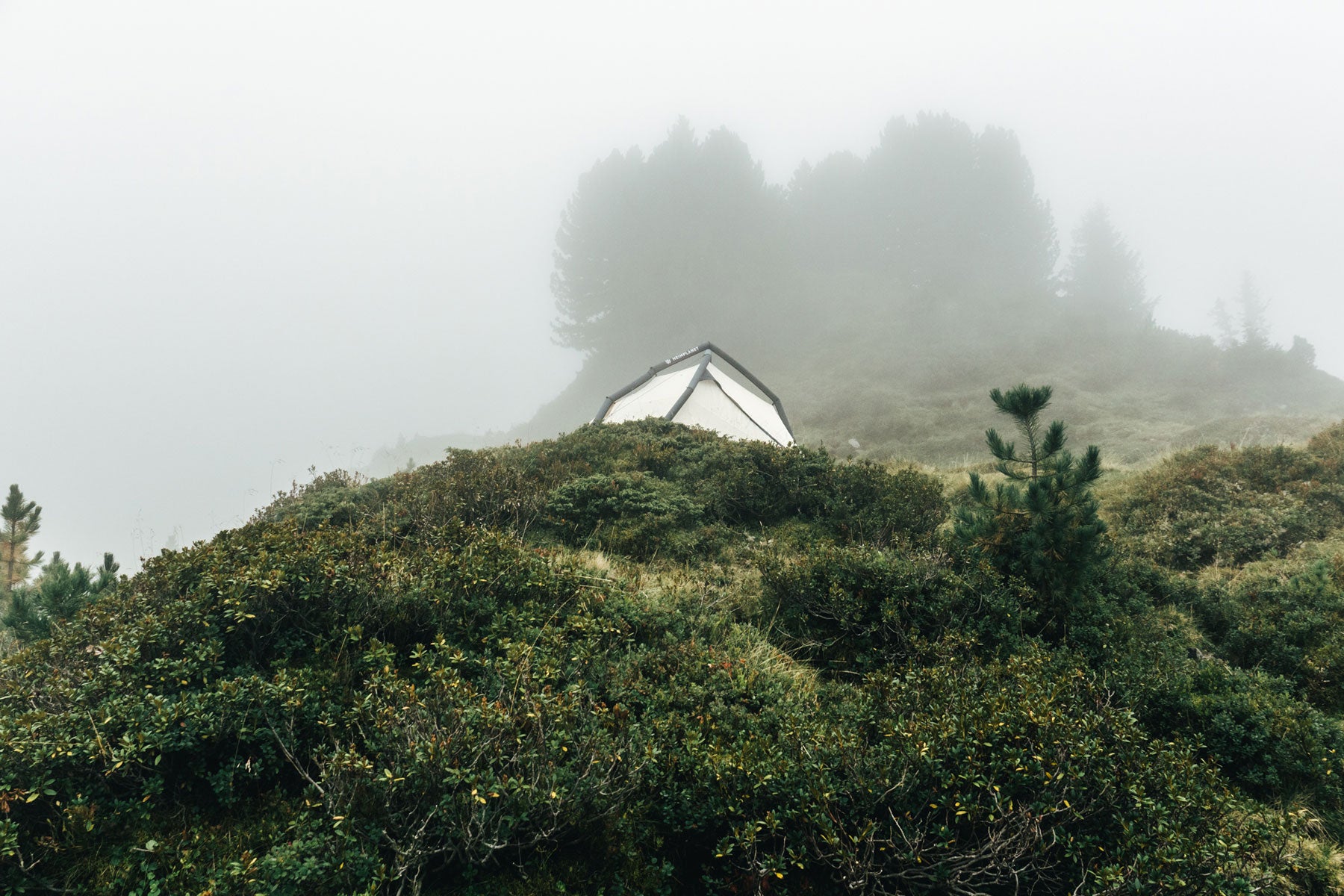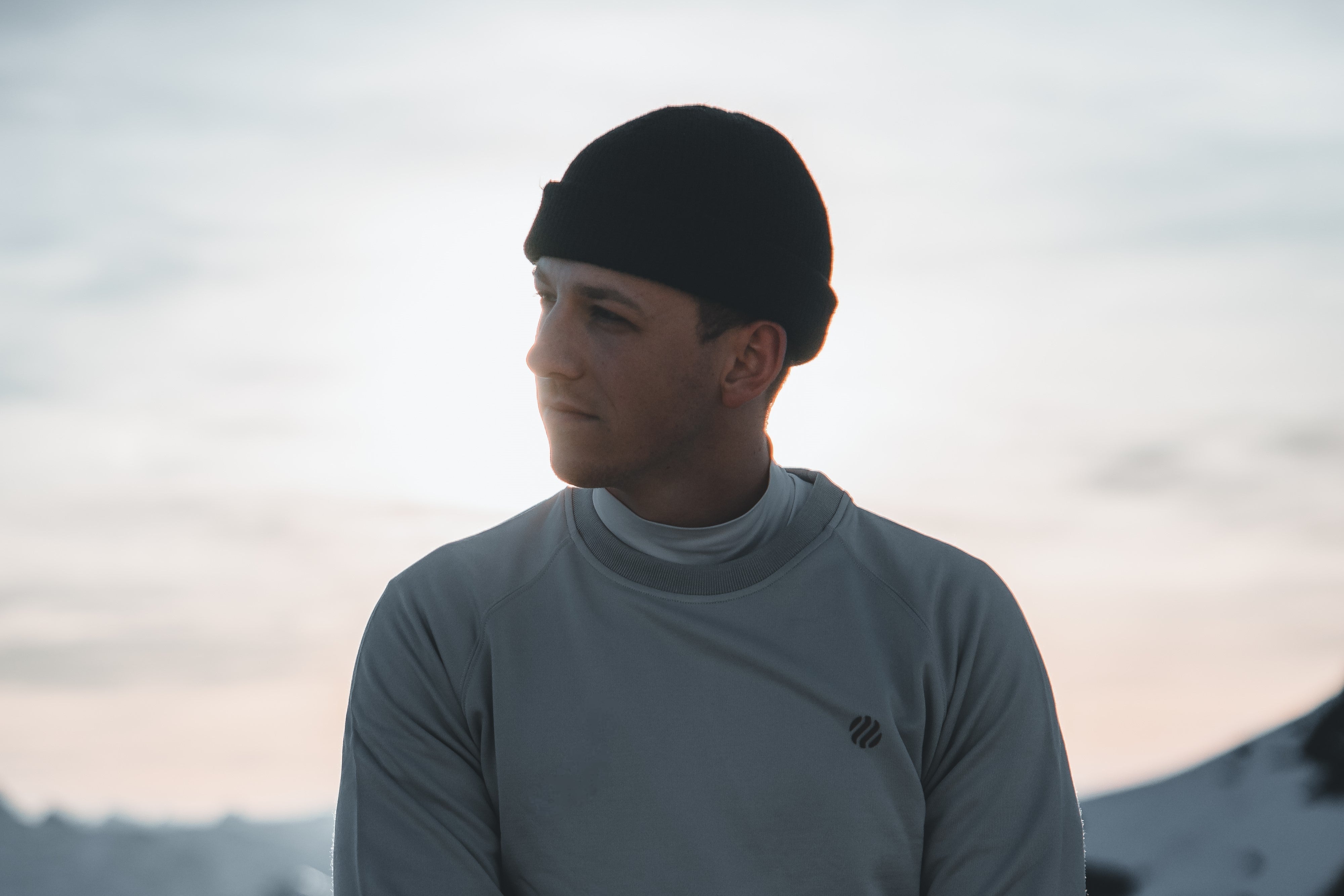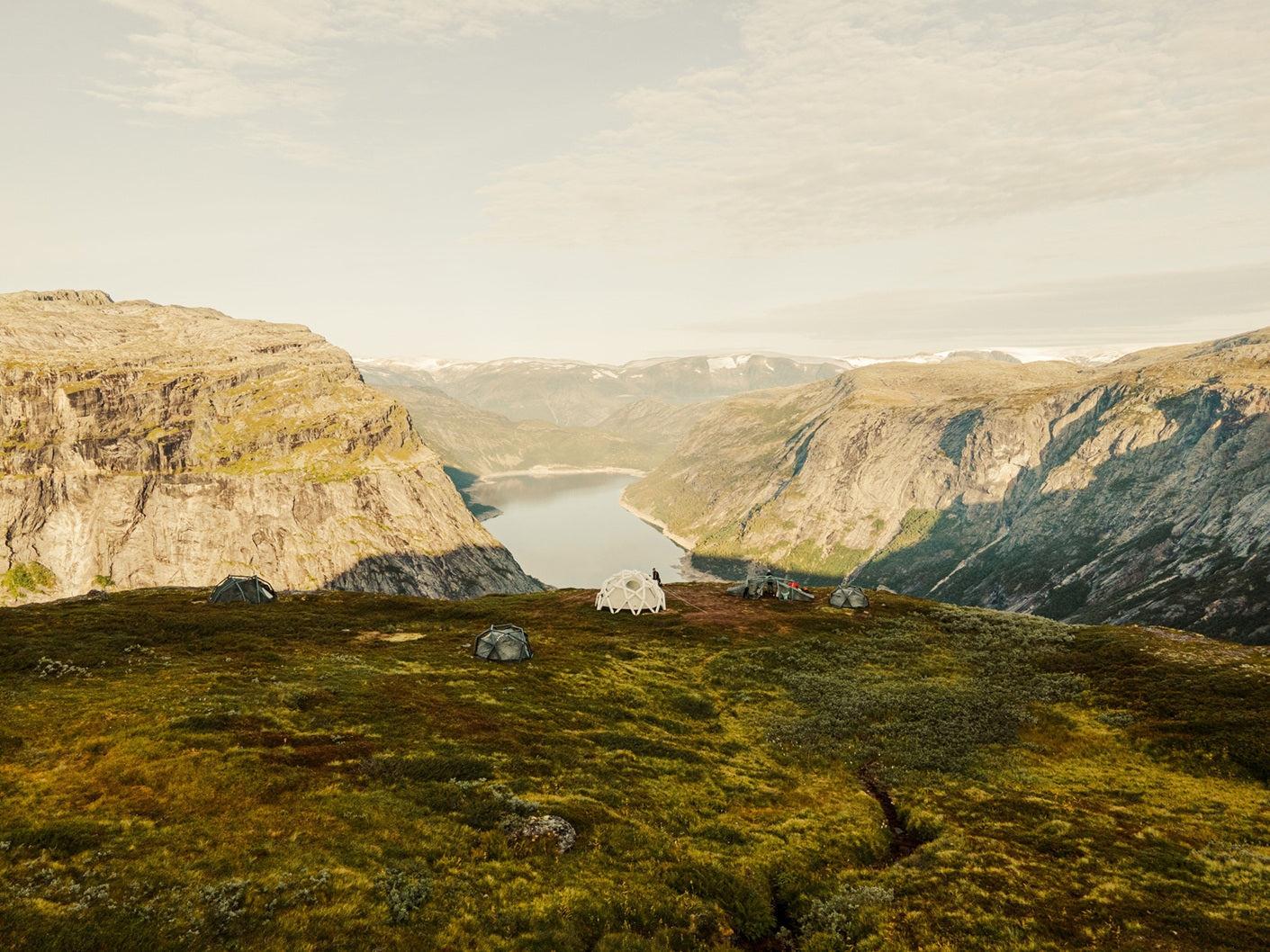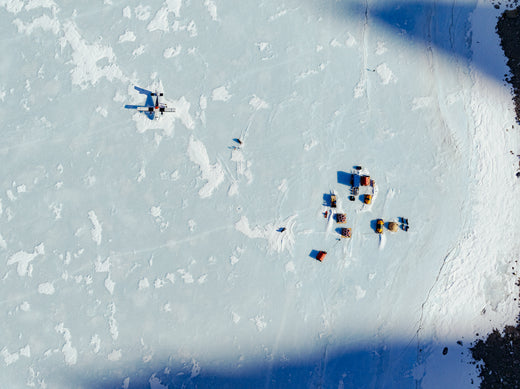CAMPING IN GERMANY
More openings are in sight and it's time to plan the first trips outdoors. If you want to spend a night at a campsite in beautiful surroundings in Germany without being woken up by slamming car doors or motorhome generators, only to find that the first thing you see is a wall of caravans, it's not so easy.

Campsites increasingly resemble grassy car parks, wild camping is prohibited almost everywhere, even non-motorised, and bivouacking is a grey area that requires a good dose of courage and self-confidence.

Most people with a love of air and nature will understand that in a densely populated country like Germany, natural areas need special protection. Animals and plants urgently need the little space we still allow them. Nature reserves and national parks are therefore absolutely taboo for any overnight adventure.
About Wildcamping in Germany
Wild camping is relatively confusing in Germany. The laws and guidelines vary depending on the federal state. Section 59 of the Federal Nature Conservation Act states that anyone is allowed to "enter the open countryside on roads and paths and on unused land for the purpose of recreation". This includes private roads, field margins, heathland, wasteland and fallow land as well as agricultural land outside the period of use. The period of use is the time between sowing and tillage. The right of access also includes the use of wheelchairs or bicycles on paths.
Access to the forest, on the other hand, is regulated by the Federal Forest Act. It is uniformly regulated that according to paragraph 14 "entering the forest for recreational purposes" is allowed - the federal states regulate the details. This also includes camping and spending the night outside designated campsites.
Nature conservation areas, nature reserves, national parks and landscape conservation areas occupy a special position. In these areas, wild camping is usually strictly prohibited. Violations, especially other offences such as littering, can result in heavy fines. As a general rule, abide by local laws and treat nature with respect. It is also advisable to ask the owner for permission before spending the night on their property - a friendly request is usually well received!

If you want to play it safe in Germany and still spend the night as close to nature as possible, you can head for a campsite or ask the local forestry authority, but also the respective landowner. An emergency bivouac is usually allowed everywhere and planned bivouacking (spending the night outdoors without a tent) is usually tolerated for one night - with the exception of protected areas where overnight camping is expressly prohibited.
As we want to promote climate-friendly travel, we have put together a selection for everyone who travels by bike, on foot, by canoe or kayak. Some require registration or application. Some are free, others require a membership fee. What they all have in common is that you are invited and welcome to pitch your tent car-free!
popupcamps.de offers exceptional camping experiences on temporary sites. A PUC should be a feel-good place for you where you can really relax. And legally and without fear of being caught "wild camping". They also value cleanliness and the avoidance of rubbish.
coolcamping.com: Camping is about finding the very special places. The team has been searching for the very best campsites for years. You'll also find guest reviews for each campsite.
trekkingtrails.de is a great service: Thomas Weingärtner from TrekkingTrails has marked all trekking sites in Germany on a map. Different rules apply to the trekking sites: Some have a compost toilet, are chargeable and must be reserved in advance, elsewhere there is only a free meadow.
1nitetent.com works like Couchsurfing - only outside. Someone gives you their garden or property for free so you can camp there for a night.
dachgeber.de offers sleeping places by cyclists for cyclists! Dachgeber is based on the principle of reciprocity: you sleep at my place and I sleep at yours. Sympathetically old-fashioned: every year, either a printed booklet or a pdf file is published with a directory of over 3,000 places to stay in your house or as a campsite in your garden. Not a cool app, but a great, non-commercial and ADFC-affiliated project. Membership costs 15 euros a year, 10 euros for ADFC members. Those arriving on foot or by train are also welcome by prior arrangement.
warmshowers.org works similarly to Dachgeber, but is aimed exclusively at cyclists and collects sleeping places all over the world. Meanwhile, 160,000 cycling enthusiasts use this platform based in Colorado, USA. Warmshowers is non-commercial and finances itself through donations and a one-time admission fee of 30 dollars.
campspace.com a unique outdoor adventure. Discover beautiful and sustainable places in a tent, tree house or cabin. Breathe fresh air, feel small among huge trees or have a conversation around a warm campfire. Spending time outdoors connects you with yourself, with nature and with the people around you.
hinterland.camp is the Airbnb for campers and adventurers. The platform, which was only launched in 2020, is currently still focused on Germany and runs under the motto "We have tamed wild camping". The goal is to bring private owners and campers together.
trekking-eifel.de can be used for a fee of 10 euros. You get something more than just a place to camp - seating, sanitary facilities and wooden platforms invite you to enjoy the fresh air, even with one foot in the comfort zone.
wildes-sh.de In Schleswig-Holstein there are also designated nature campsites, which are not only provided by the state but also partly by private individuals. The Wildes Schleswig-Holstein page offers all cyclists and hikers location, coordinates and brief information on the sites.
zeltzuhause.de and mycabin.eu offer tent sites on private property at reasonable prices. Not exclusively for car-free travellers, but especially with Campspace and MyCabin I like that sustainable travel is also a topic there on the blog and that low-carbon travel is promoted.


